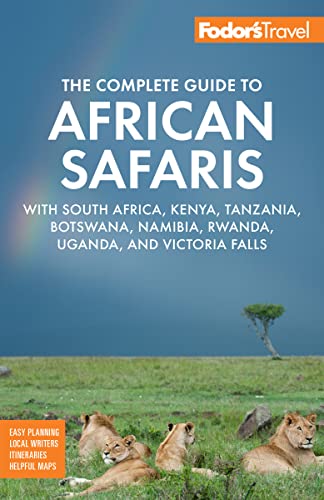Health and Safety
There are high standards of hygiene in all the private lodges, and most hotels are usually up to international health standards. But malaria is rife, so don't forget to take those antimalarials. Botswana has one of the highest AIDS rates in Africa, but it also has one of Africa's most progressive and comprehensive programs for dealing with the disease. All the private lodges and camps have excellent staff medical programs; you're in no danger of contracting the disease unless you have sex with a stranger. As in most cities, crime is prevalent in Gaborone, but simple safety precautions such as locking up your documents and valuables and not walking alone at night will keep you safe. On safari, there’s always potential danger from wild animals, but your ranger will brief you thoroughly on the dos and don'ts of encountering big game.
The American embassy is in Gaborone, the country's capital city.
Most safari companies include emergency medical evacuation insurance for public liability to the nearest hospital, but you must have your own travel and medical insurance as well. There are two 24-hour emergency rescue companies: Medical Rescue International, which will require confirmation with your insurance company before evacuation, and Okavango Air Rescue, which will liaise with your insurance after your safe evacuation.
Embassies
U.S. Embassy. Embassy Dr., Government Enclave, Gaborone, South East. 395–3982; 395–6947; 373–2222; botswana.usembassy.gov. Mon.–Thurs. 7:30 am–5:00pm, Fri. 7:30 am–1:30 pm.
Emergencies
Ambulance. 997.
Medical Rescue. 992.
Police. 999.
Emergency Services
Medical Rescue International. 390–1601.
Okavango Air Rescue. 686–1616.




